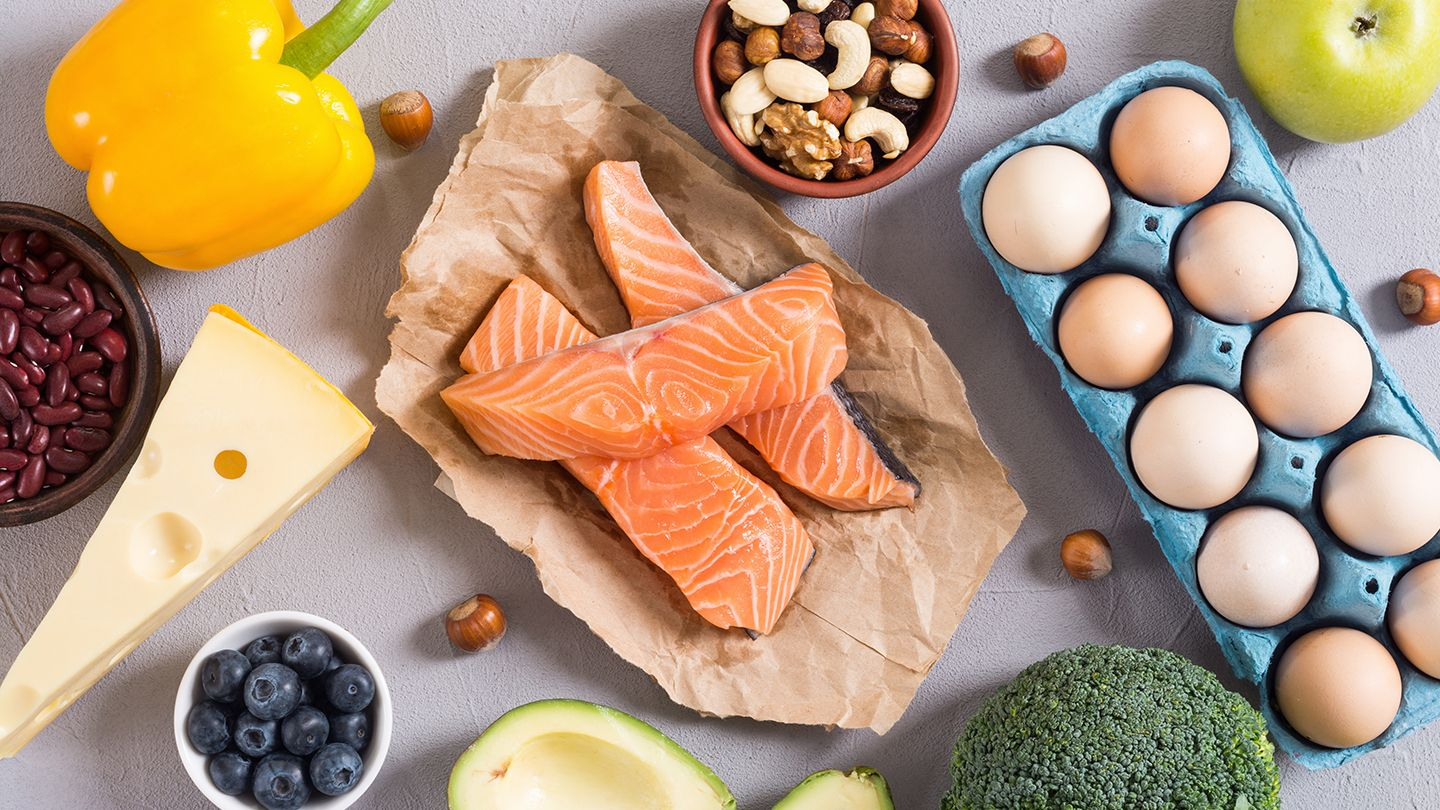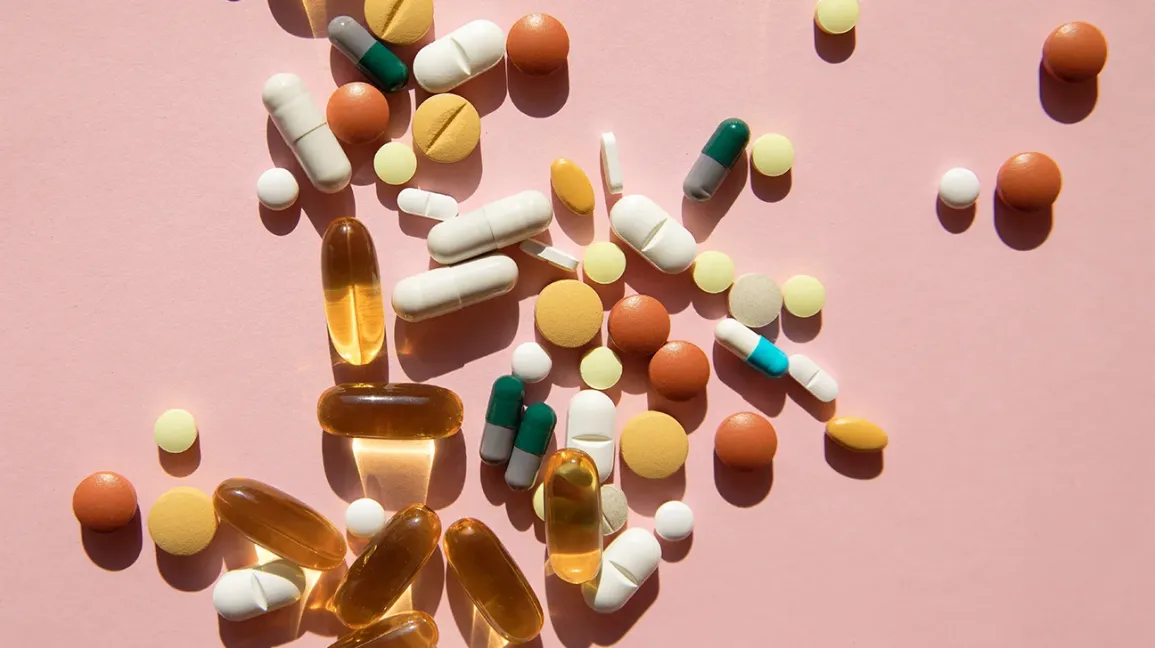Why Your Brain Feels Like It’s Running on Low Battery
If you spend 8–9 hours a day staring at a screen, then fight through rush-hour commutes, and still try to keep up with life’s pace, chances are you’ve had that “mental fog” moment.
Here’s the plot twist: your problem might not be too little coffee — it could be too little vitamin B complex.
Think of B vitamins as the “energy switches” inside your body. When they’re running low, fatigue sneaks in, your mood dips, and even your immune system and skin can take a hit.
B Vitamins 101: The Squad Behind Your Energy
B vitamins aren’t a single nutrient, but a whole squad of water-soluble heroes:
B1 (thiamine), B2 (riboflavin), B3 (niacin), B5 (pantothenic acid), B6, B7 (biotin), B9 (folate), and B12.
They each have unique jobs, but their common mission: turn the carbs, protein, and fat you eat into usable energy.
Key benefits include:
Helping your body release energy, reducing that mid-afternoon crash
Supporting your nervous system to ease anxiety and low moods
Building healthy red blood cells to prevent anemia
Promoting healthy skin, hair, and nails
Assisting DNA repair and cell renewal
Supporting certain conditions like diabetic nerve damage
Warning signs you might be low on B vitamins:
Cracked lips, red tongue, rough skin, constant tiredness, and that “can’t focus for the life of me” feeling.
Where to Get Your Daily B Vitamin Boost
From food (your best option):
Whole grains – oatmeal, brown rice, whole wheat bread (B1, B3)
Lean meats – pork, beef, chicken breast (B1, B6, B12)
Dairy – eggs, milk, cheese (B2, B12)
Legumes & nuts – lentils, soybeans, almonds (B1, B6, folate)
Veggies & fruits – spinach, broccoli, avocado (folate, B7)
Seafood – salmon, shellfish (B12)
From supplements:
Natural-source: higher absorption, pricier
Synthetic: more affordable, slightly lower absorption for some people
Pro tip: Since B vitamins are water-soluble, your body flushes out the excess in urine — which is why you need a daily supply.
Daily Recommended Intakes (Adults)
Source: NIH Dietary Reference Intakes
B1 (thiamine): 1.1–1.2 mg
B2 (riboflavin): 1.1–1.3 mg
B3 (niacin): 14–16 mg
B5 (pantothenic acid): 5 mg
B6: 1.3–1.7 mg
B7 (biotin): 30 mcg
B9 (folate): 400 mcg
B12: 2.4 mcg
If your diet is balanced, you’ll usually hit these numbers — but if you’re stressed, super active, or on a restrictive diet, you might need extra.
Who Should Pay Extra Attention
High-stress, long-hours office workers
Diets heavy on refined carbs and light on whole foods
Vegetarians and vegans (B12 is tricky to get from plants)
Frequent drinkers (alcohol messes with B vitamin absorption)
Pregnant or trying-to-conceive women (higher folate needs)
Older adults (reduced B12 absorption)
When to Be Cautious
High doses of niacin (B3) can cause skin flushing and liver issues
Long-term, high-dose B6 (>200 mg/day) may cause nerve damage
If you’re on antibiotics or chemo drugs, check with your doctor
People with kidney issues should be careful with supplementation
Just because your body excretes extra B vitamins doesn’t mean you can down them like candy.
Smart Supplement & Diet Tips
Buying supplements:
Check each vitamin’s dosage to avoid imbalances
A balanced B-complex is usually best for daily use
For specific needs (e.g., pregnancy), add extra folate as directed
How to take them:
Pair with carb-containing meals for better energy metabolism
Combine with vitamin C-rich foods to help iron absorption, which indirectly supports red blood cells
B Vitamin Myths, Busted
“Bright yellow pee is bad!” Nope — it’s just riboflavin (B2) doing its thing.
“Best to take on an empty stomach.” Not really. B vitamins can be rough on your stomach — take with food.
“It works instantly like coffee.” Sorry, no. B vitamins are more “gradual support crew” than “instant hype team.”
One-Day B Vitamin Power Menu (Office Edition)
Breakfast:
2 slices whole wheat bread
1 fried egg
1 cup (250 ml) milk
(B1, B2, B12-rich start)
Lunch:
100 g brown rice
120 g steamed salmon with lemon
150 g sautéed spinach
(B3, B6, folate power combo)
Afternoon snack:
20 g almonds
1 banana
(B6, biotin boost)
Dinner:
100 g lean beef stir-fry
150 g broccoli
50 g oatmeal porridge
(B1, B3, folate mix)
Cooking tips:
Steam salmon for 8 min after a quick lemon marinade
Blanch spinach and broccoli quickly to preserve vitamins
Slice beef thin and stir-fry fast to lock in nutrients




